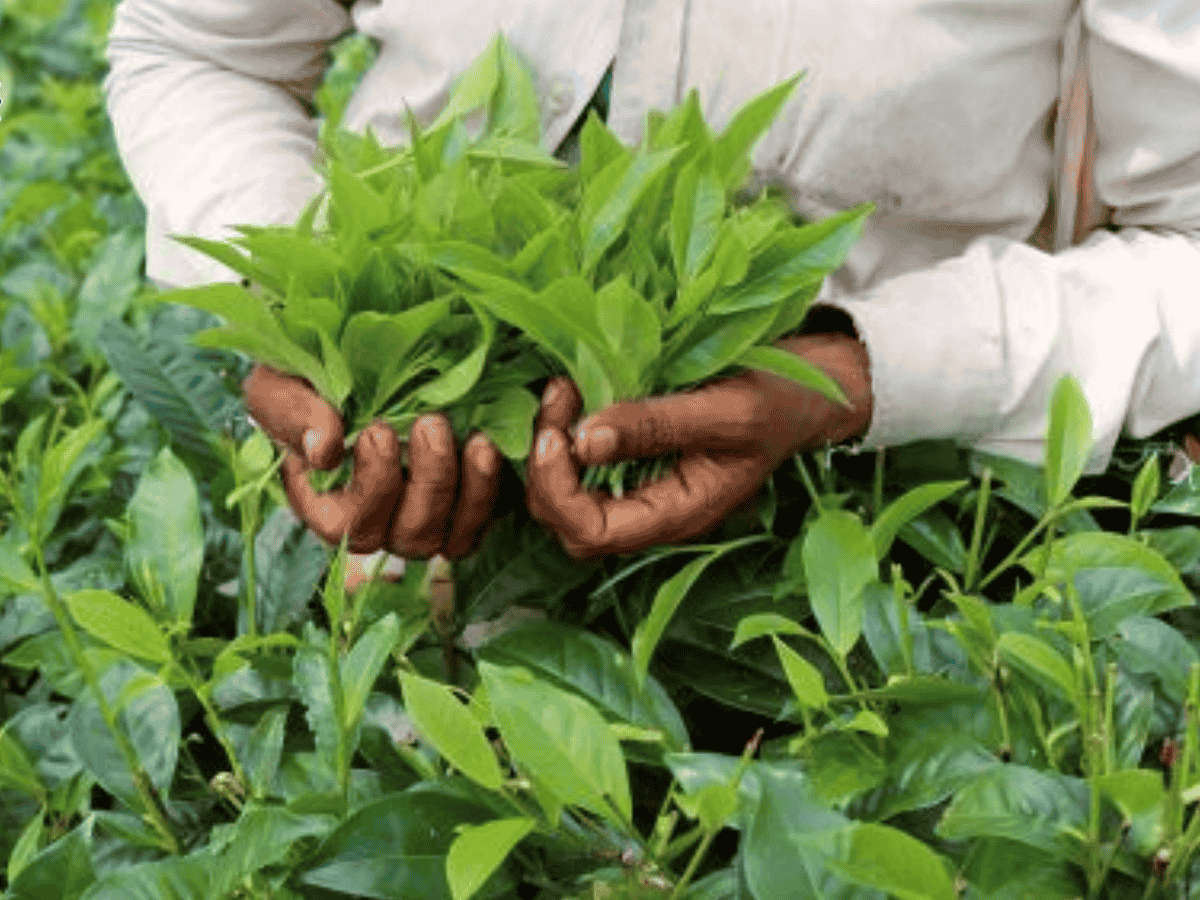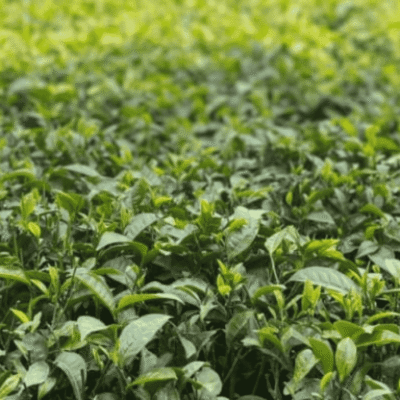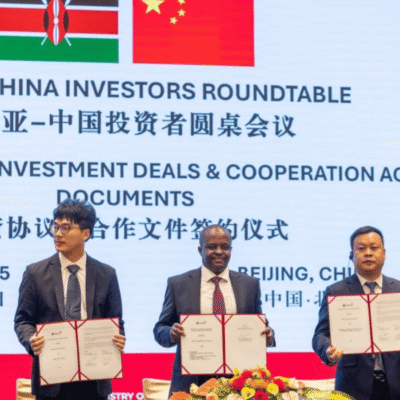KENYA – The Government of Kenya has suspended all Rainforest Alliance certification and audit processes for tea factories across the country, citing concerns over high implementation costs and limited direct benefits to tea farmers.
The directive, issued by Agriculture Principal Secretary Dr. Kipronoh Ronoh in a circular dated May 12, 2025, takes effect immediately and applies to all certified tea processors.
Suspension follows high-level consultations
The decision was reached following a consultative meeting involving the Tea Board of Kenya (TBK), the Kenya Tea Development Agency (KTDA), and senior representatives from the Rainforest Alliance’s regional offices.
During the discussions, stakeholders reviewed the financial implications of maintaining certification under the Rainforest Alliance standard.
According to the circular, the certification scheme has increasingly placed a financial strain on tea factories and, by extension, smallholder farmers supplying the bulk of green leaf.
Dr. Ronoh emphasized that the costs of maintaining such programs should be absorbed by end consumers who demand certified products, not producers who experience minimal returns from compliance.
“All tea factories are hereby directed to suspend any further audits and/or certification processes for Rainforest Alliance Standard/Scheme pending further joint resolution on the matter,” the circular read in part.
Cost of compliance vs. market access
The Rainforest Alliance, a global non-profit organization active in over 70 countries, provides certification to farms and companies that meet defined environmental, social, and economic sustainability standards.
The seal is often used as a mark of assurance to international buyers seeking sustainably produced goods, including tea, coffee, and cocoa.
Kenya has over 50 tea factories certified under the Rainforest Alliance program, enabling them to access certain premium markets and enhance traceability in global supply chains.
However, critics have raised concerns about the high cost of compliance, particularly for producers in developing countries where margins are already thin.
Agricultural value chain expert Peter Karomo noted that while the certification has facilitated international market access, it has not always translated to improved earnings for farmers.
“The government should tread carefully as some of the customers buying Kenya’s tea are certified by the organization,” Karomo said.
Impact on the sector and pending review
The government has been vocal in recent months about the need to streamline operations in the tea sub-sector, which remains one of the country’s top foreign exchange earners.
In 2023, Kenya exported tea worth over KES 180 billion (US$1.36 billion), with the majority of production coming from smallholder farmers affiliated with KTDA-managed factories.
Authorities have cited rising production costs, including certification, energy, labor, and transport, as factors contributing to reduced earnings among tea growers. The Rainforest Alliance program, in particular, has drawn scrutiny for its perceived administrative burden relative to the value it adds for smallholders.
The suspension aligns with efforts by the Ministry of Agriculture to ease the cost of doing business in the tea industry. While no specific timeline has been given for the review, the circular indicates that discussions will continue with relevant stakeholders, including certification bodies and industry players.
The directive comes at a time when sustainability standards are becoming more prominent in global trade. Several international buyers, particularly in Europe and North America, prioritize certified products to meet internal corporate social responsibility goals and regulatory requirements.






